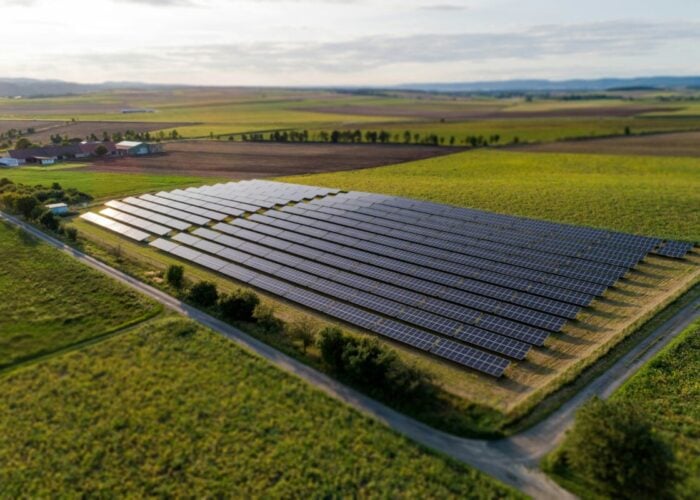After dropping a series of strong hints – including those given in interviews with PV Tech Storage – Enphase has confirmed that its AC battery will be launched in Australia first.
The US-headquartered microinverter and PV energy management specialist announced the news via its company blog yesterday. The blog quoted Nathan Dunn, managing director for Enphase Asia-Pacific, saying that Australia has “always been a strategic market” for Enphase. The blog gave an unspecified time frame for launch but said it would be during 2016, while an Enphase spokeswoman confirmed the news morning to PV Tech Storage.
Try Premium for just $1
- Full premium access for the first month at only $1
- Converts to an annual rate after 30 days unless cancelled
- Cancel anytime during the trial period
Premium Benefits
- Expert industry analysis and interviews
- Digital access to PV Tech Power journal
- Exclusive event discounts
Or get the full Premium subscription right away
Or continue reading this article for free
Enphase has been in Australia since 2013 and claims now to be the dominant microinverter player in the country, referring to an estimated 8% market share reached during the first half of this year in the blog.
Tellingly, CEO Paul Nahi had said in the company’s most recent earnings call with analysts, for the second quarter of this year, that there was “palpable excitement” over the growing economic case for solar-plus-storage in Australia.
This was a topic Nahi had covered in an interview with PV Tech's dedicated energy storage sister site in June, when he talked about the fact that although policy support for renewables was dropping in parts of Australia, with regional feed-in tariffs (FiTs) being phased out over the next few years, storage could add value to existing installations and continue to encourage deployment.
“…in Queensland you’re going to zero export. You can do solar all you want, but you can’t export to the grid. That’s obviously very different to net metering. You can’t send it on the grid, you get penalised if you do. In that case, you have to have storage,” Nahi said.
“If you have zero export and you’re generating during the day, you don’t have enough load, you’ve got to fill up the battery and then at night you discharge it… and zero export is how the Queensland utility is dealing with grid stabilisation.”
On the other hand, Nahi said, in New South Wales, there was a different but equally viable business case around storage and solar.
“You have a very dramatic reduction in the FiT that is coming, the FiT drops to about six cents yet power from the utility will be about 30 cents a kilowatt-hour, so that arbitrage opportunity between the two is where storage comes into play. Why would you send it back at six and buy it at 30 why don’t you just store it and then use it? That’s an obvious economic case.”
For the full version of this story, including more background on the economics of solar-plus-storage in Australia, visit PV Tech Storage.






